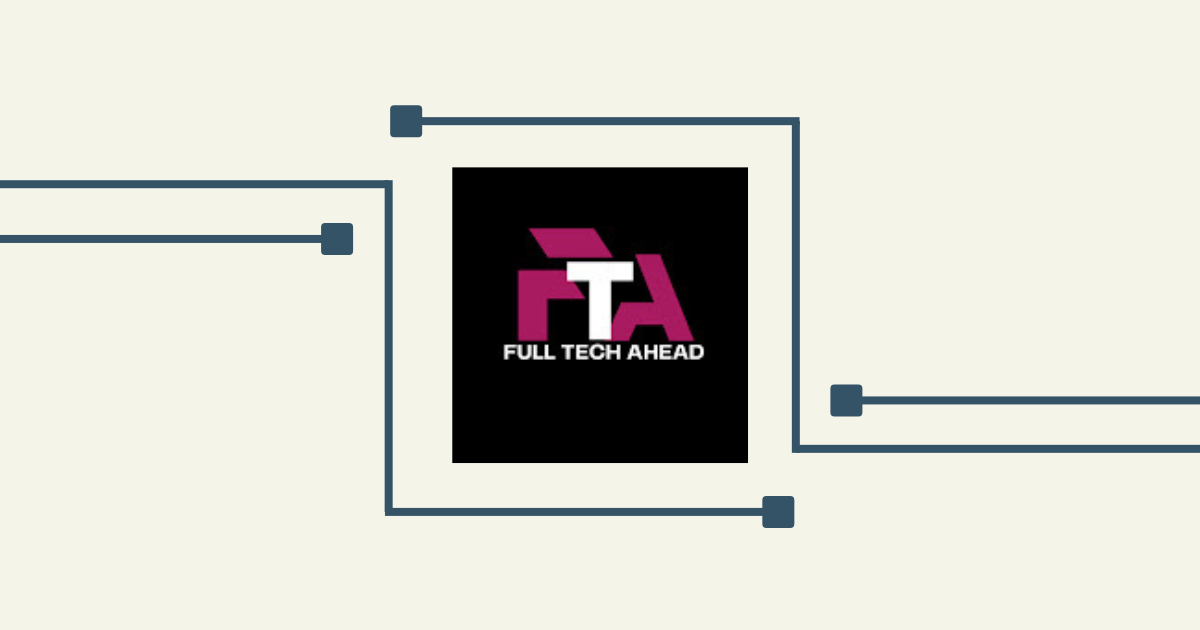
Blockworks: Illicit Crypto Moving to Mixers on Pace to Double in 2022
On July 14, 2022, NetSPI Chief Technology Officer Travis Hoyt was featured in an article in Blockworks called Illicit Crypto Moving to Mixers on Pace to Double in 2022. Read the preview below or view it online.
+++
More money moving to crypto mixing services in 2022 is coming from addresses associated with illicit activity, as government agencies may be forced to take action against non-compliant mixers or impose more sanctions.
The 30-day moving average of value received by mixers reached an all-time high of nearly $52 million worth of crypto on April 19, according to a report by Chainalysis published Thursday. This figure is roughly double the incoming volume at the same point in 2021.
Perhaps more notably, the blockchain data platform revealed, illicit addresses account for 23% of funds sent to mixers so far in 2022, up from 12% last year.
Several mixers — including Tornado Cash — and other decentralized finance platforms are taking advantage of privacy-preserving technology, such as zk-SNARK, to ensure anonymity remains intact, NetSPI Chief Technology Officer Travis Hoyt said.
“If Chainalysis can in fact reverse or deduce transactions protected with this type of technology, it would question some of the fundamental mechanics of how some blockchains work, as well as some of the mixing and [decentralized finance] platforms,” Hoyt told Blockworks.
Read the full article on Blockworks.
Explore More News

Techcircle: NetSPI appoints Sridhar Jayanthi as Interim CPTO
Techcircle announced NetSPI’s recently appointed interim Chief Product and Technology Officer, Sridhar Jayanthi. Read the preview below or find the full story online.

Full Tech Ahead: The Explosion of AI Scams: How Hackers Can Trick You
NetSPI’s Director of Social Engineering, Patrick Sayler, joins Amanda Razani, host of the podcast, Full Tech Ahead, for a conversation on the rising threats of SMS Phishing and AI voice cloning.

NetSPI Accelerates Innovation in Proactive Security with Appointment of Sridhar Jayanthi as Interim Chief Product and Technology Officer
NetSPI names Sridhar Jayanthi as Interim Chief Product & Technology Officer. With former leadership roles across major security companies, he will advance NetSPI’s PTaaS Platform, automation capabilities, and proactive security for global clients.